2024-2025 Funded Seed Grant Projects
MISSION
Our world faces numerous interconnected crises, many of which are rooted in Science, Technology, Engineering, and Mathematics (STEM) fields. To address these challenges, we need a generation of skilled problem solvers, from preschoolers to adults, who have experienced the transformative power of STEM education. This form of education is crucial for preparing individuals to tackle today's problems and seamlessly transition into tomorrow's workforce.
However, this task is not for any one person or even experts in a single field. It requires a collective effort involving interdisciplinary teams from science, technology, engineering, mathematics, and education to generate and implement multidisciplinary solutions.
2024-2025 Funded Projects
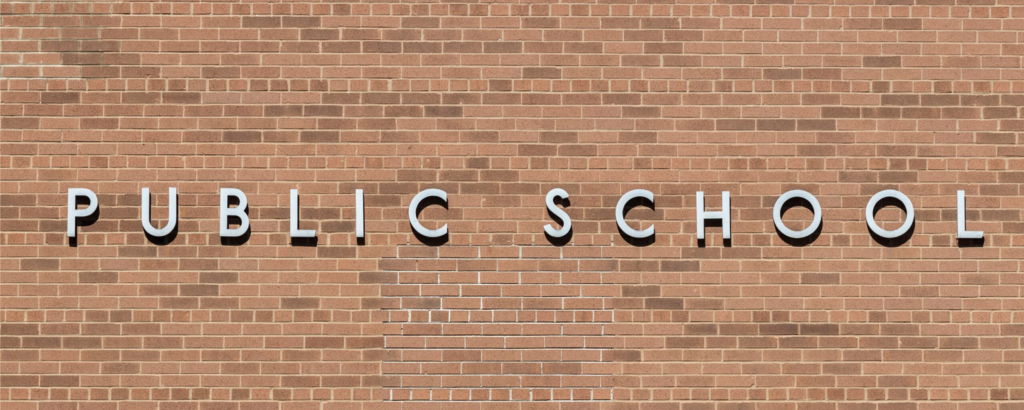
Integrating Traditional Ecological Knowledge and STEM Based Research Findings into STEM Curriculum for Public Schools on the Wind River Reservation
PIs: T. Benney (Political Science), S. Collingwood (Pediatrics), B. Clark (Sociology), J. Murray (MD/PhD student, School of Medicine.S.Firth, Champion.
Dr. Benney started working with schools on the Wind River reservation in Wyoming around known impact of air quality on educational outcomes. In 2022, the team developed small STEM units in two school districts, including a 10th grade science unit on radon testing (with air quality dashboard system installed at the school) and five additional STEM modules around energy and air quality. In the USTEM Hub seed grant, the team is joined by Co-PI Jenna Murray, a University of Utah MD/PHD student from Wind River with scientific expertise and personal relations with the Shoshone Tribe. Collectively, the team will integrate Traditional Ecological Knowledge (TEK) into the STEM curricular units produced, add new medical- and health-related curricular components, and use this seed funding to explore larger state or national funding and scaling beyond regional applications.
Dr. Benney started working with schools on the Wind River reservation in Wyoming around known impact of air quality on educational outcomes. In 2022, the team developed small STEM units in two school districts, including a 10th grade science unit on radon testing (with air quality dashboard system installed at the school) and five additional STEM modules around energy and air quality. In the USTEM Hub seed grant, the team is joined by Co-PI Jenna Murray, a University of Utah MD/PHD student from Wind River with scientific expertise and personal relations with the Shoshone Tribe. Collectively, the team will integrate Traditional Ecological Knowledge (TEK) into the STEM curricular units produced, add new medical- and health-related curricular components, and use this seed funding to explore larger state or national funding and scaling beyond regional applications.
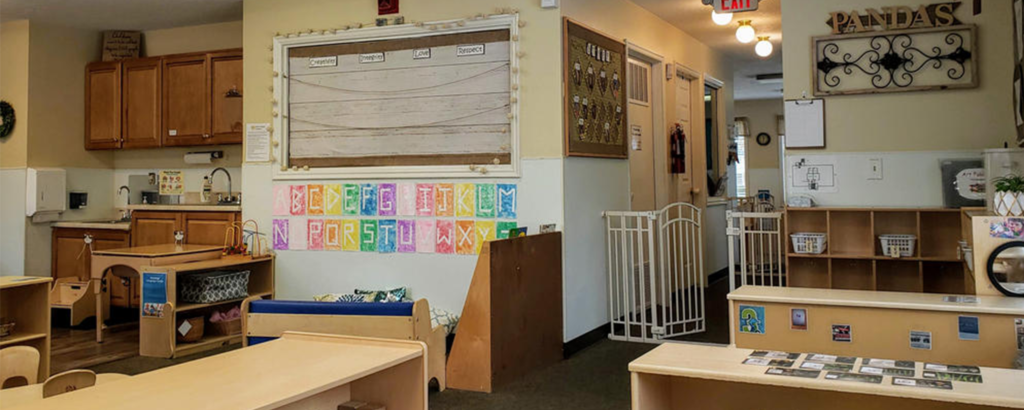
Pediatric Partnerships for Nurturing Numeracy: Collaborative, Healthcare-Based Interventions to Improve Early Math Skills in Utah’s Preschoolers
PIs: A. Rorrer (Education), E. Aldermatt (Education), T. Goetz (Utah STEM Action Center), C. Ames (Utah STEM Action Center), E. Smith (Pediatrics), Z. Kagen (Pediatrics), B. Gowarty-Weinstock (Pediatrics). W. Hobson-Rohrer, Champion.
The Math Introductions and Learning Opportunities (MILO) & Friends program supports families in helping 2- to 5-year-old children develop strong early math skills. Early results indicate that MILO & Friends increases caregivers’ knowledge, interest, and confidence in working with young children to build math skills. Gains are especially large among Spanish-speaking caregivers and caregivers with lower levels of education. This collaborative research project will develop, implement, and assess the effectiveness of MILO & Friends in association with The University of Utah Spencer Fox Eccles School of Medicine (Pediatrics) to provide ~700 families and caregivers in Utah with resources to make early math learning routine and fun. A key goal is to implement an intervention designed to address an urgent need to improve math skills at school entry and to counteract misconceptions that lead many caregivers to avoid incorporating math into everyday activities. These misconceptions include the belief that early math skills are less important than early literacy skills, that preschoolers are too young to learn math, and that caregivers lack the skills they need to effectively engage in math activities with preschoolers.
The Math Introductions and Learning Opportunities (MILO) & Friends program supports families in helping 2- to 5-year-old children develop strong early math skills. Early results indicate that MILO & Friends increases caregivers’ knowledge, interest, and confidence in working with young children to build math skills. Gains are especially large among Spanish-speaking caregivers and caregivers with lower levels of education. This collaborative research project will develop, implement, and assess the effectiveness of MILO & Friends in association with The University of Utah Spencer Fox Eccles School of Medicine (Pediatrics) to provide ~700 families and caregivers in Utah with resources to make early math learning routine and fun. A key goal is to implement an intervention designed to address an urgent need to improve math skills at school entry and to counteract misconceptions that lead many caregivers to avoid incorporating math into everyday activities. These misconceptions include the belief that early math skills are less important than early literacy skills, that preschoolers are too young to learn math, and that caregivers lack the skills they need to effectively engage in math activities with preschoolers.
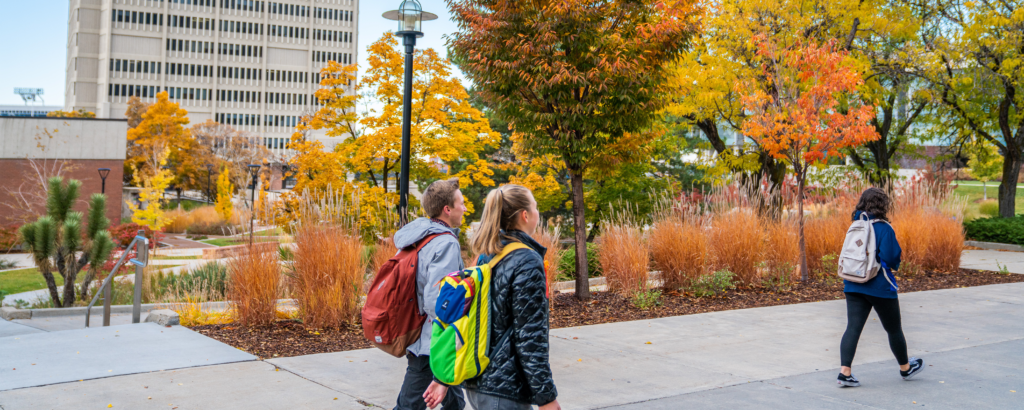
Supporting Pre-Service Teachers to Enact Environment-Focused Math and Science Tasks
PIs: T. Dobie (Education), L. Zummo (NHMU & Education), A. Ponette-González (City & Metropolitan Planning NHMU), D. Mendoza (Atmospheric Science, Internal Medicine), L. Tuddenham, (HEAL Utah), B. Janney (Ed/NHMU postdoc). T. Nyawelo, Champion.
This research project will develop new approaches to supporting Preservice Student Teachers’ learning of mathematical modeling and model-based inquiry through deep engagement with local environmental issues–specifically, climate change, air quality, and human health in Salt Lake City. We will develop tasks that require learners to use mathematics and science practices to investigate these issues, as prior research has shown that engaging with locally relevant, socio-scientific issues can foster science learning and activate students around local environmental injustices. Tasks will engage learners in analyzing not only local environmental challenges but also proposed or enacted solutions–a key framing to engage broader audiences in productive climate-focused conversations. We will use these tasks in our pre-service math and science methods courses and investigate teachers’ engagement and learning, including perceived challenges and benefits of such tasks in their future classrooms.
This research project will develop new approaches to supporting Preservice Student Teachers’ learning of mathematical modeling and model-based inquiry through deep engagement with local environmental issues–specifically, climate change, air quality, and human health in Salt Lake City. We will develop tasks that require learners to use mathematics and science practices to investigate these issues, as prior research has shown that engaging with locally relevant, socio-scientific issues can foster science learning and activate students around local environmental injustices. Tasks will engage learners in analyzing not only local environmental challenges but also proposed or enacted solutions–a key framing to engage broader audiences in productive climate-focused conversations. We will use these tasks in our pre-service math and science methods courses and investigate teachers’ engagement and learning, including perceived challenges and benefits of such tasks in their future classrooms.
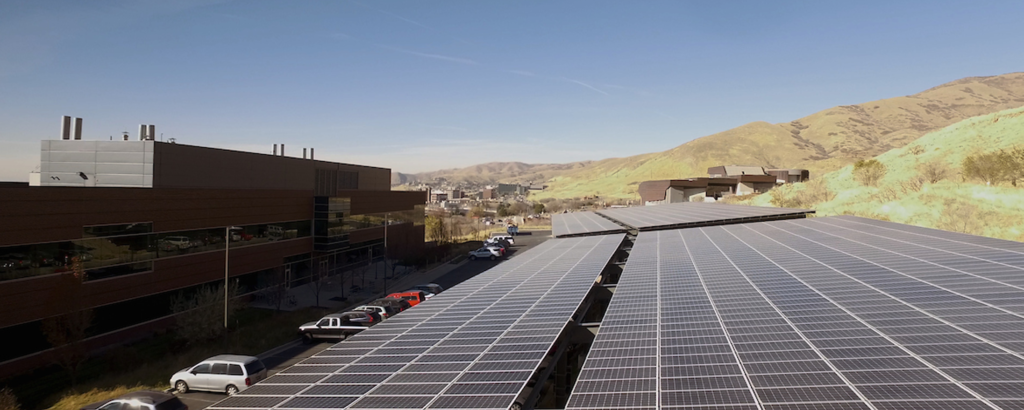
The SOLAR Project
PIs F. Frey (Chemistry), L. Meerts-Brandsma (Parks Rec & Tourism, College of Health). N. Hack Champion.
Many women who are lifelong science learners recognize their experiences in youth outdoor-recreation programs, such as rock climbing or biking, being instrumental in shaping their science identity. However, while outdoor-recreation programs could introduce girls to STEM learning, these opportunities often go untapped. This proposal is focused on convening experts to identify evidence-based practices that can be integrated into a STEM training program where outdoor-recreation program providers learn to (a) train their staff in STEM learning, (b) cultivate inclusive environments for girls’ STEM learning, and (c) enhance staff competency in brokering to help girls identify additional opportunities to deepen their STEM interests. The seed grant will culminate in the resubmission of an NSF Advancing Informal Science Learning (AISL) proposal.
Many women who are lifelong science learners recognize their experiences in youth outdoor-recreation programs, such as rock climbing or biking, being instrumental in shaping their science identity. However, while outdoor-recreation programs could introduce girls to STEM learning, these opportunities often go untapped. This proposal is focused on convening experts to identify evidence-based practices that can be integrated into a STEM training program where outdoor-recreation program providers learn to (a) train their staff in STEM learning, (b) cultivate inclusive environments for girls’ STEM learning, and (c) enhance staff competency in brokering to help girls identify additional opportunities to deepen their STEM interests. The seed grant will culminate in the resubmission of an NSF Advancing Informal Science Learning (AISL) proposal.
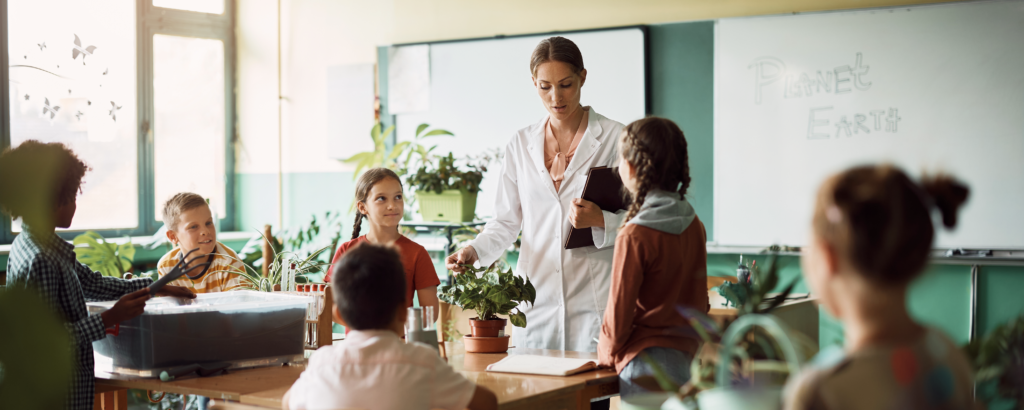
Early Maker Learning: Building STEM Identity
PIs: S. Firth (Engineering), T. Goetz (Utah STEM Action Center, D. Tofel-Grehl, (STEM Education, Utah State University), K. Ruggles (Elementary Education, Utah Valley University). H. Godsey Champion.
Research indicates participation in maker learning fosters the growth of a STEM identity and results in greater likelihood of pursuing and persisting in STEM programs. The growth in STEM identity through maker learning is more evident amongst groups that historically do not see themselves as STEM participants. The goal of this proposal is to conduct planning efforts on the impact of maker learning for development of STEM identity with K-7 students, focusing on elements that are specific to an engineering mindset. The initial NSF-funded work was conducted in Utah and will expand to communities across the state.
Research indicates participation in maker learning fosters the growth of a STEM identity and results in greater likelihood of pursuing and persisting in STEM programs. The growth in STEM identity through maker learning is more evident amongst groups that historically do not see themselves as STEM participants. The goal of this proposal is to conduct planning efforts on the impact of maker learning for development of STEM identity with K-7 students, focusing on elements that are specific to an engineering mindset. The initial NSF-funded work was conducted in Utah and will expand to communities across the state.

Science Research Initiative
PIs: N. Songer (Associate Provost STEM Ed), C. Slattery (College of Science), H. Cordner (Education doctoral student) D. Stroupe, Champion.
We are conducting interviews with students and postdoctoral scholars affiliated with the Science Research Institute (SRI) program that offers College of Science students a 2-3 semester discovery-based scientific research opportunity. The research study characterizes the kinds of experiences that are valuable for student and postdoctoral scholars’ professional growth and career exploration, including students ability to gain research skills to help in their science classes and jumpstart their path of academic success.
We are conducting interviews with students and postdoctoral scholars affiliated with the Science Research Institute (SRI) program that offers College of Science students a 2-3 semester discovery-based scientific research opportunity. The research study characterizes the kinds of experiences that are valuable for student and postdoctoral scholars’ professional growth and career exploration, including students ability to gain research skills to help in their science classes and jumpstart their path of academic success.
